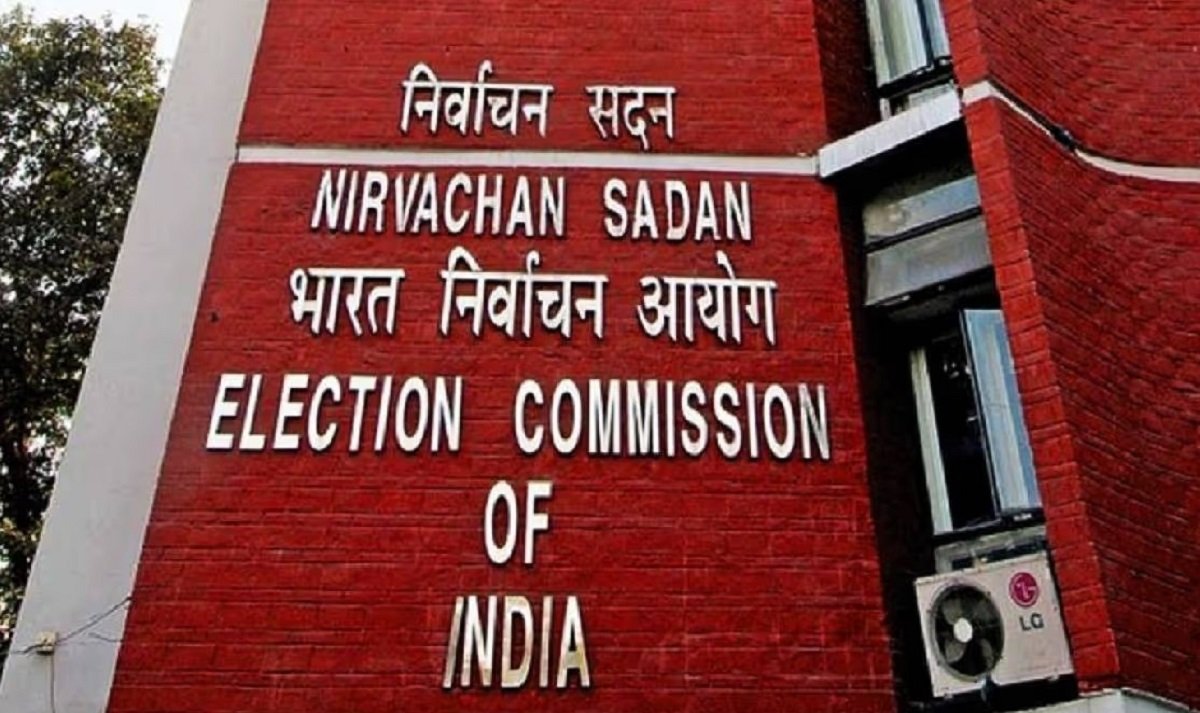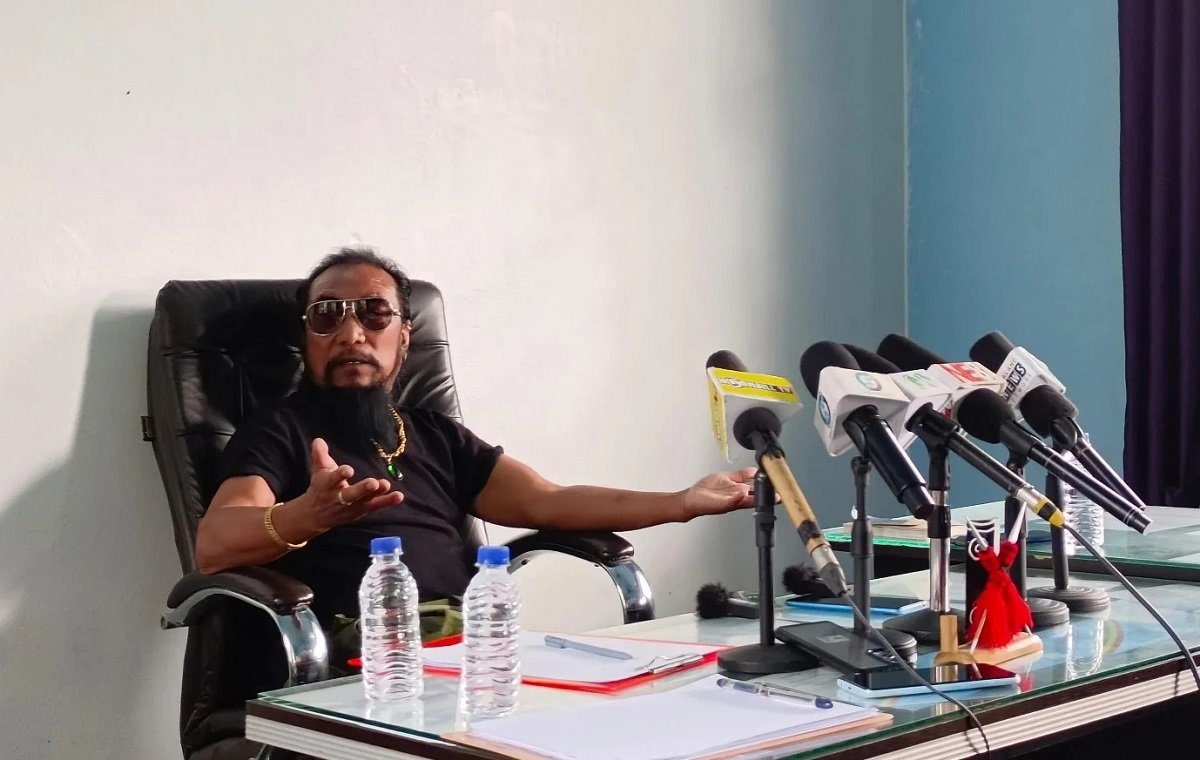As India strengthens its preparations for future electoral exercises, officials from Nagaland and Meghalaya have joined a major national training initiative launched by the Election Commission of India (ECI) aimed at enhancing transparency, fairness, and voter confidence in the democratic process. On Monday, the ECI kickstarted a two-day capacity-building programme at its training facility in New Delhi, bringing together 379 Booth Level Officer (BLO) Supervisors from across five states and union territories. A significant share of participants — 133 in total — hail from the Northeast, including 67 from Nagaland and 66 from Meghalaya, reflecting the Commission’s growing emphasis on grassroots election integrity in the region. This programme is part of the 13th batch of training held under the ECI’s broader mission to professionalise electoral work across India. Organised at the India International Institute of Democracy and Election Management (IIIDEM), the initiative has already trained over 5,000 officials in the past three months, with a focus on legal literacy, technical competence, and voter education.
Inaugurating the session, Chief Election Commissioner Gyanesh Kumar highlighted the importance of ensuring that all electoral procedures remain within the ambit of law. He underscored the significance of the Representation of the People Acts, 1950 and 1951, calling them the “most transparent instruments in a democracy.”Kumar also addressed the underutilised provision of voter appeals, noting that states such as Nagaland and Meghalaya had no recorded appeals during the Special Summary Revision (SSR) of electoral rolls conducted earlier this year from January 6 to 10. He urged officials to educate citizens about their right to file first and second appeals under Section 24 of the RP Act, 1950, in case of errors or omissions in the voter list.
The training includes hands-on sessions covering essential BLO duties such as voter registration, form processing, and use of digital electoral tools. Special attention is being given to the operation of Electronic Voting Machines (EVMs) and Voter Verifiable Paper Audit Trails (VVPATs), with mock poll exercises designed to simulate real-time election scenarios. Officials from Uttar Pradesh (111 participants), Madhya Pradesh (128), and Chandigarh (7) also form part of the batch, making it a diverse group that reflects the varied electoral landscapes of India.




